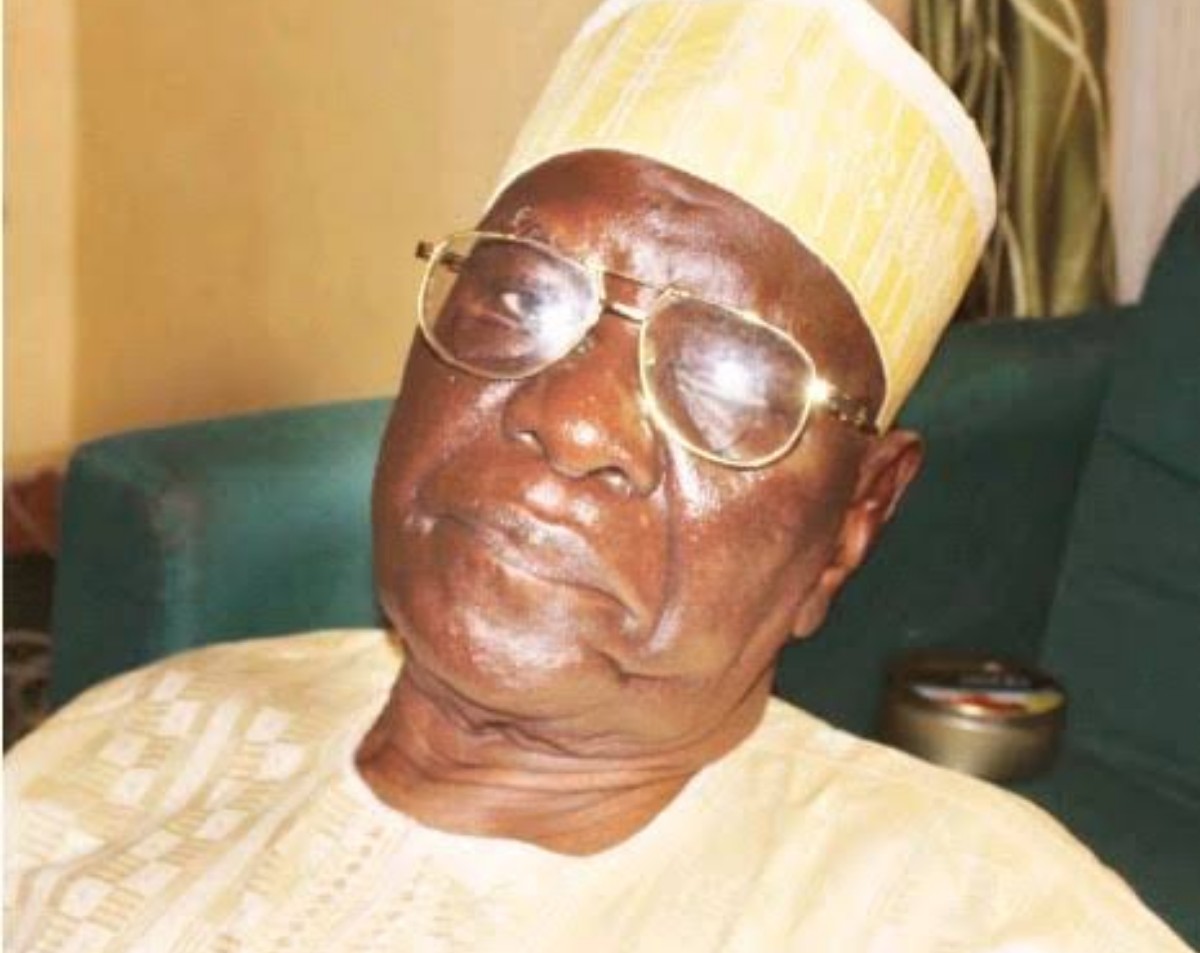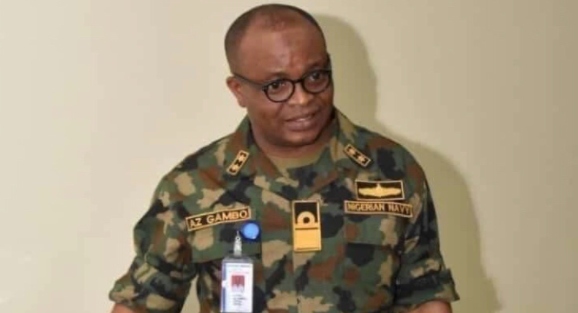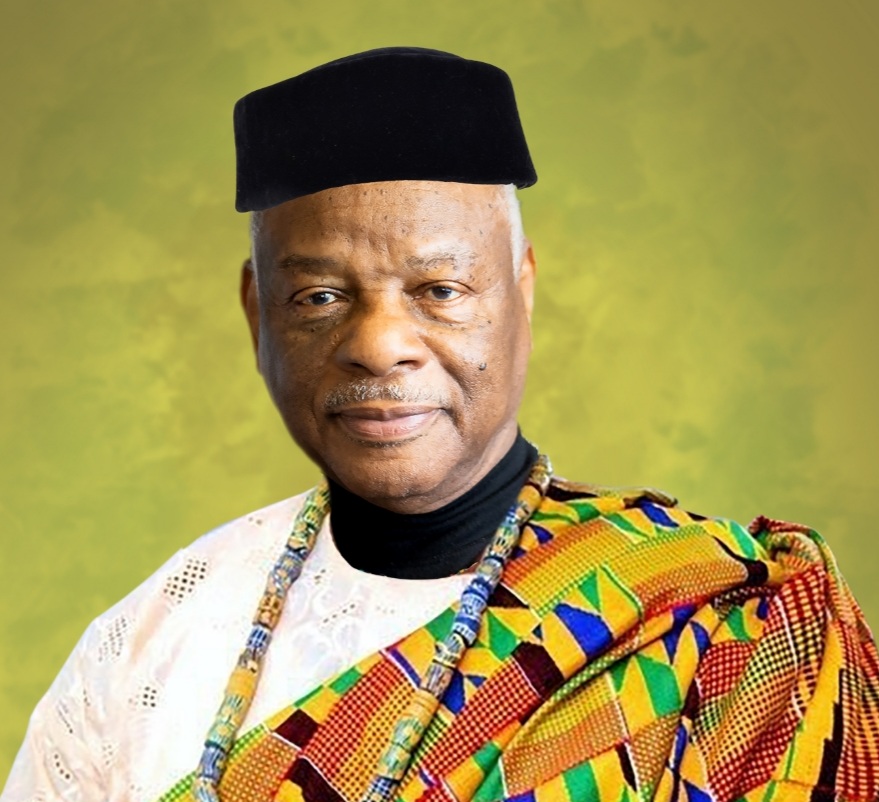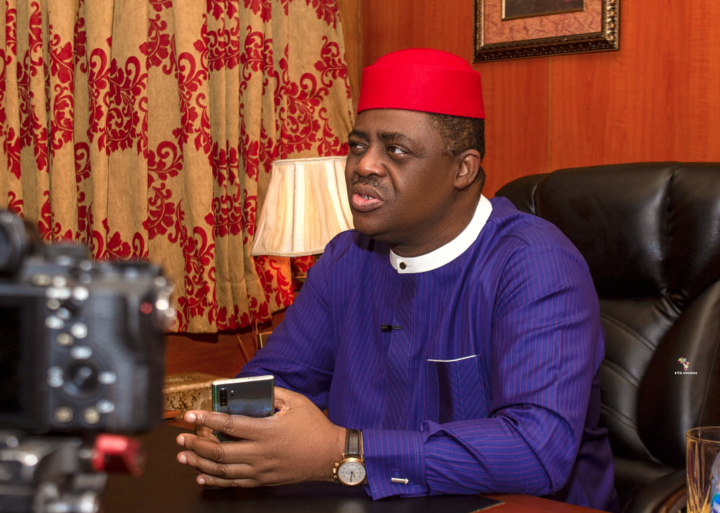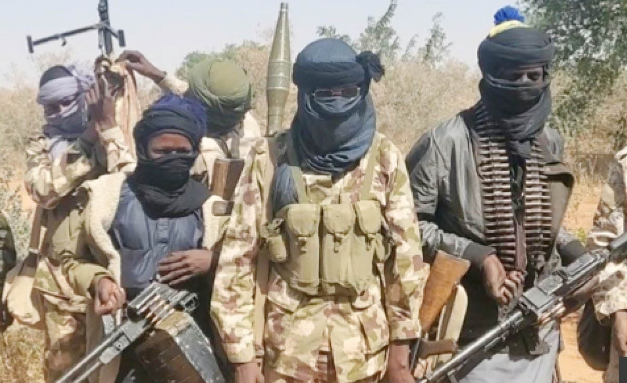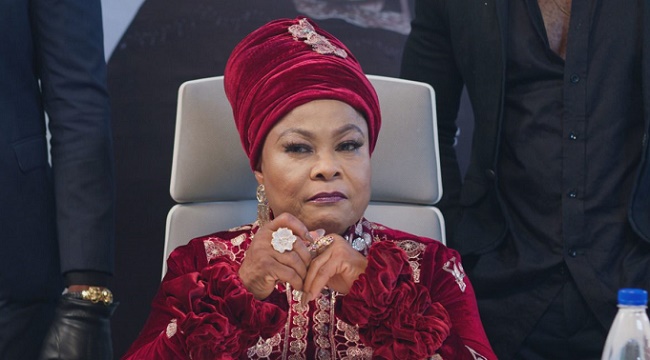Prior to the death of a prominent Kano indigene and former managing director of the defunct Continental Merchant Bank, Professor Ibrahim Ayagi, on April 25, 2020, in what was suspected to be caused by COVID-19, a former managing director of the Pipelines and Products Marketing Company, a subsidiary of the NNPC, Suleiman Achimugu, had died of the same cause on March 22, 2020 and was officially recognised as the first victim of the virus in Nigeria.
Achimugu, 67, was said to have contracted the virus in the United Kingdom. After his return to Nigeria, he had personally called the Nigerian Center for Disease Control to explain his health status, whereupon he was tested and discovered to be positive. Although he was evacuated to a specialist hospital thereafter, it proved too late as he died while being treated.
The founder of the defunct Sosoliso Airlines Limited, Victor Ikwuemesi, also died in London on April 13, 2020, after being infected with the virus. He was said to have been in an intensive care unit (ICU) on oxygen since he arrived at the London hospital before being put on a ventilator when his situation worsened.
The death of Abba Kyari, the influential chief of staff to President Muhammadu Buhari, to the virus on April 17, 2020 shocked the nation, especially as many were still in doubt as to whether the virus had entered into Nigeria.
Advertisement
Kyari, 67, tested positive for the disease on March 24 and was receiving treatment at a private health facility. But he reportedly died from complications arising from COVID-19 at the First Cardiology Consultants, a private hospital in Ikoyi, Lagos state. He had contracted the virus in Germany where he had visited to hold talks on behalf of the federal government with top officials of Siemens, a German energy firm, on issues around the Nigerian power sector.
Controversial Senator Esho Jinadu, popularly known as Buruji Kashamu, also fell victim of the virus at the First Cardiology Hospital in Ikoyi, Lagos, on August 8 2020. His status was declared by his friend, Senator Ben Murray-Bruce, a few hours after news of his death broke.
Former Oyo state governor, Senator Abiola Ajimobi, was another prominent Nigerian who died of complications from COVID-19 on June 20, 2020, aged 70. Conflicting reports said Ajimobi died from multiple organ failure at the same Ikoyi health facility where Kyari and Kashamu died, but it was later confirmed that his death resulted from complications from the virus.
Advertisement
Ondo state commissioner for health, Wahab Adegbenro, also fell to the virus on July 2, 2020 at a time he was at the forefront in the fight against COVID-19 in the state.
A prominent indigene and former military governor of Akwa Ibom state, air commodore Idongesit Nkanga, also succumbed to the virus on December 24, 2020, aged 68.
Renowned billionaire businessman, Bolu Akin-Olugbade, fell victim to the virus on January 13, 2021 at an infectious diseases facility in Lagos, although family sources said the death had resulted from complications from the virus.
Many prominent Nigerians have died through the COVID-19 and its complications since 2020, enough to signal warnings that the virus is no respecter of persons. However, it still seems that the grim message is yet to register in other Nigerians, especially among the masses who tend to believe that the virus exists only in the imagination of some people.
Advertisement
A two-day media dialogue in Kano on September 9 and 10, organised by the Child Rights Information Bureau (CRIB) of the Federal Ministry of Information in collaboration with UNICEF, focused on “demand creation for Covid-19 vaccines”. At the dialogue, journalists were educated on the need to emphasise on the vaccines’ availability across the country in view of the third wave of the virus that appears to have more devastating impact than the first and second waves. The issue is in fact beyond the vaccines’ availability but their adequacy and enforcement aimed at safeguarding the lives of Nigerians.
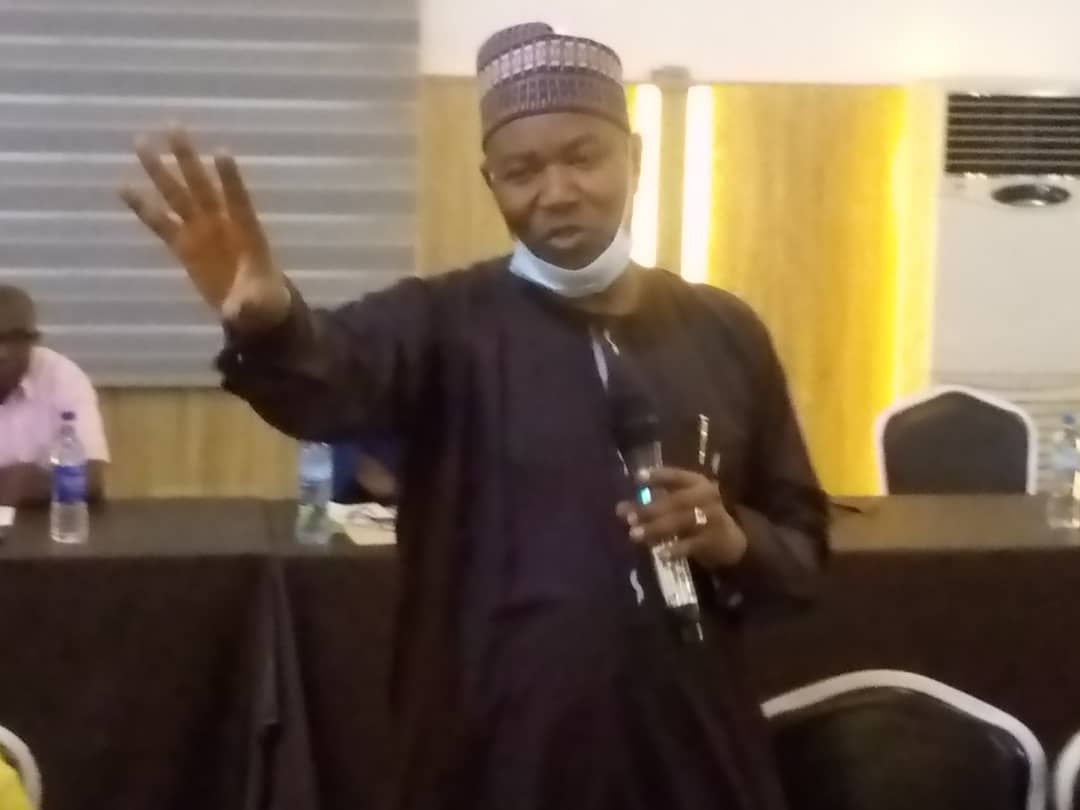
Vice-chancellor of the Federal University, Kashere, Gombe State, Prof. Umar A. Pate, who presented a paper at the dialogue titled “Debunking rumours and conspiracy theories about COVID-19 vaccine”, tasked the media to challenge the conspiracy theories against COVID-19 with superior facts as well as figures and quality content that would replace ignorance with knowledge.
“This is the only way that misconceptions on COVID-19 can be curtailed,” the mass communication teacher said.
Pate said several of his colleagues had succumbed to the virus within the last one year, thereby depleting the academic community. “I have got this personal experience to share about my departed colleagues and I think it is not a palatable experience. So, I believe we all have a duty to ensure we play the roles expected of us in safeguarding the society from the scourge of COVID-19,” he said.
Advertisement
Although Pate acknowledged that social media has played a prominent role in advancing society digitally, he however expressed regret that social media has also become the purveyor of intense weaponisation of information characterised by intensification of disinformation, hate, and dangerous speech.
A senior lecturer in the Department of Pharmacology and Therapeutic at the Bayero University, Kano, Dr. Murtala Jubril, who also presented a paper titled “The science behind COVID-19 vaccines: vaccine to the rescue”, traced the history of the virus to efforts being made worldwide to ameliorate the effects. He also dwelt on the myth around vaccines while stressing their efficacy.
Advertisement
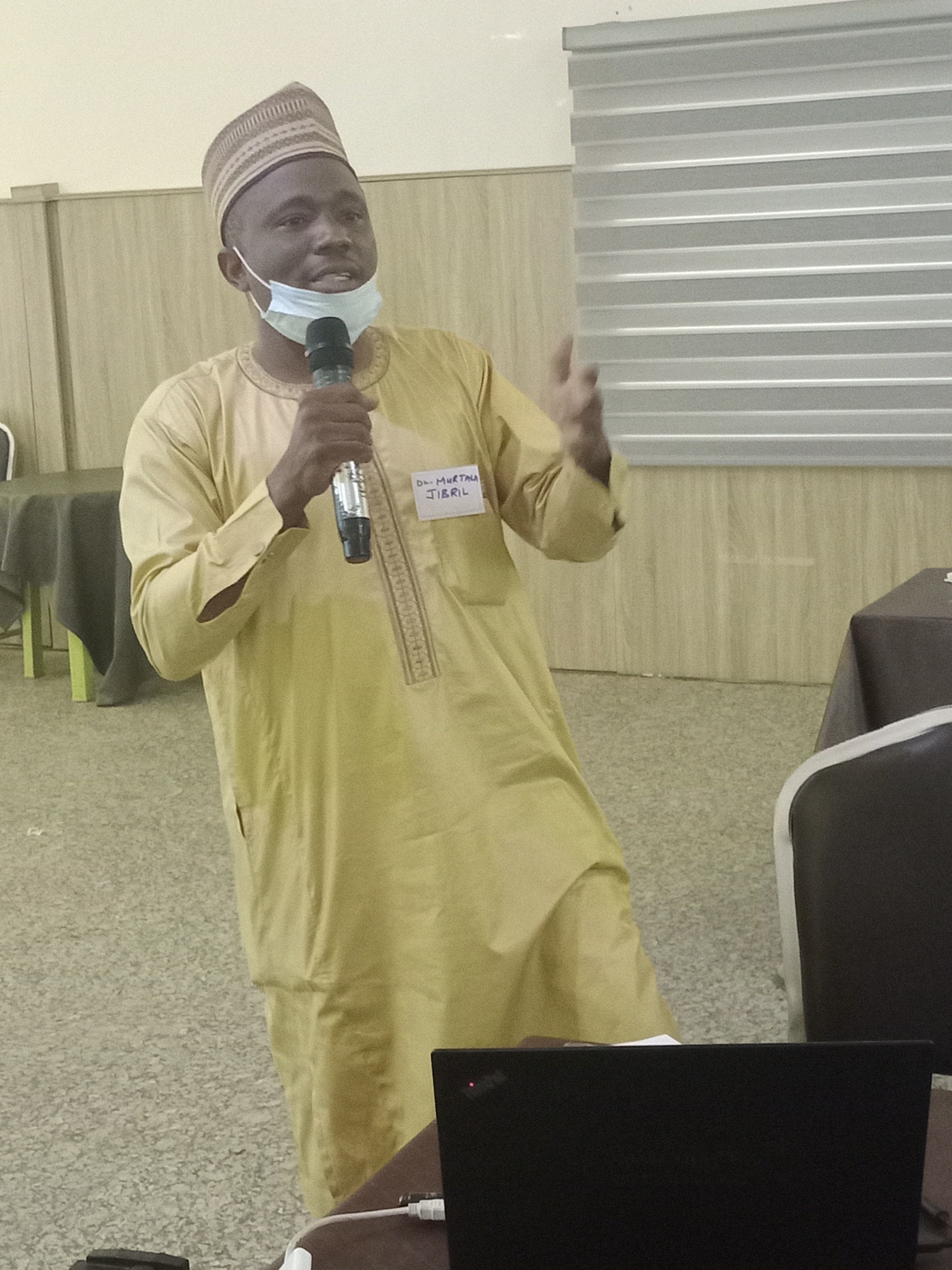
According to Jubril, the talk on blood clotting arising from the vaccines is mythical than real, although he acknowledged cases which he described as too mild to cause worry. “There are bound to be reactions based on different body systems. But such reactions cannot be life-threatening. The most important is that the vaccines are safe and effective,” he said.
Meanwhile, the reality of COVID-19 has continued to be driven home. Media reports on September 9 said five more people died from complications from the virus as Nigeria recorded 559 fresh cases, according to the NCDC which published the figure on September 10, saying it resulted from the third wave surge caused by the highly transmissible Delta variant of COVID-19. Lagoa state alone also said 25 persons died between September 10 and 13, while calling on residents to maintain all existing COVID-19 safety protocols.
Advertisement
All the foregoing was enough for journalists at the media dialogue in Kano to practically roll up their sleeves for the task ahead.
Advertisement
Views expressed by contributors are strictly personal and not of TheCable.
Add a comment

